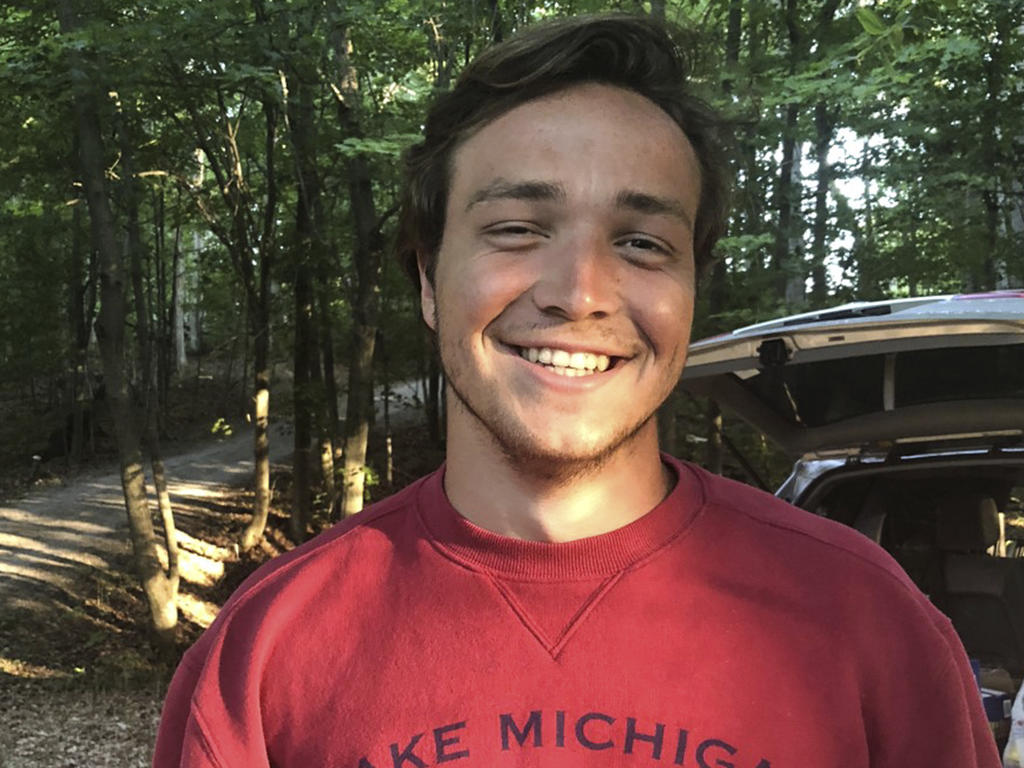Aaron Weist’s journey at Rhodes has been defined by change. Growing up outside Nashville in the town of Mount Juliet, the rising senior first heard about Rhodes when his athletic talents were noticed by the football program—but it was the school’s successful pre-med program that drew him in. After only one season, though, Weist’s football career was cut short by injuries, and his academic interests began to shift from medicine to public policy as he looked for a way to make a broader impact on society as a whole. That led Weist, the Pi Kappa Alpha president and former Interfraternity Council vice president of health and wellness, to pursue an urban studies major with a religious studies minor, focusing on ways to make a difference in the city he’s learned to call home.
This summer, Weist is interning remotely for the Community Alliance for the Homeless (CAFTH), the lead organization for the Memphis Continuums of Care program, a national organization committed to ending homelessness by developing strategies in the specific communities in which it is based. Weist first became aware of the program while doing research for Dr. Renee Johnson’s political science course Public Policy Analysis. “I saw that the recent economic downturn would likely force a large population of Americans into homelessness if America did not institute a better social security system,” says Weist. “It was this realization that motivated me to get involved.”
In his internship, Weist has been collaborating with landlords and senior living facilities, looking at ways to make housing more accessible in Memphis. “The first thing I did was develop landlord engagement strategies, such as tax breaks, newsletters, and engagement events. From there, I began working with senior living facilities to try to find ways to support senior citizens experiencing homelessness. After the death of George Floyd, I was tasked with researching the Shelby County prisons. I believe this was the start of creating a streamline for persons leaving prison so they are in a home immediately after their sentence.”
Tasked with the role of networking and communicating with different organizations in the city remotely created an added challenge for Weist and CAFTH. “I’ve left a ton of voicemails to do what I can to streamline communications and cooperation between other institutions and CAFTH. Still, I’ve been able to connect some organizations to CAFTH with the belief that it may get people out of homelessness quicker. It’s really given me the opportunity to form professional relationships through phone calls and emails, which is different, but still rewarding.”
Having pivoted from a lifelong desire to pursue medicine, Weist credits Rhodes and Memphis for opening his eyes to the wide array of opportunities beyond the pre-med path. Classes such as Dr. Gordon Bigelow’s Capitalism and the Racial Wealth Gap, Dr. Shaolu Yu’s Globalization and Cities, and Dr. Keith Gibson’s Urban Politics and Policy have inspired him to make a difference. “Rhodes has provided me with so much knowledge about the state of the U.S. and how far we are from achieving true equality. Memphis has not only given me the opportunity to see systemic differences on a large scale, but has so many wonderful nonprofits making a real difference that it’s easy to get involved with something you’re passionate about.”
Weist says that his summer at CAFTH has confirmed his desire to pursue a master’s degree in public policy so that he can continue finding solutions for homelessness in America. “Developing new ways to involve landlords with combating homelessness has been my favorite aspect of the internship so far, and that is only a small part of what I could achieve as a policy analyst. The divisiveness and chaos I’ve witnessed this year resulting from poor public policy has inspired me to create whatever change I can.”
By Samuel Brown ’21
